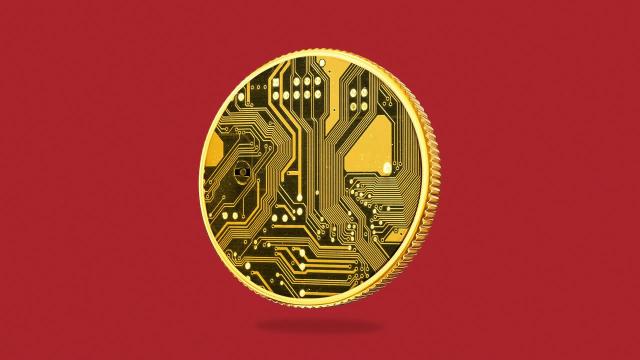In a push to dominate global financial technology, the Chinese government is aiming to roll out the world’s first state-backed digital currency.
Why it matters: China’s new currency could set global standards for the use of national digital currencies — and give Beijing unprecedented visibility and control over domestic financial transactions.
- At least 60 countries are exploring the use of an official digital currency, but China is furthest along in making those plans a reality, while the U.S. has largely sat on the sidelines.
What’s happening: The Chinese government has started pilot programs in Beijing, Shanghai, and other cities that give small amounts of the currency, known as the Digital Currency Electronic Payment (DCEP), to residents on a lottery system, with a limited number of retailers participating.
- Chinese officials have stated they hope DCEP is ready for wider use in time for the Beijing Olympics in February 2022.
- Some officials also hope DCEP could help internationalize China’s currency, though China’s tight capital controls have made the renminbi less attractive for international transactions.
The big picture: Rolling out a national digital currency offers several advantages.
- Improving efficiency in the financial system. Cash and coins are inefficient and expensive to store.
- Reducing systemic risk. “The existing system is owned by private companies. Should Alipay or WeChat pay [go] bankrupt, which is extremely unlikely, it creates systematic risk,” Trivium China analyst Linghao Bao told CNBC. A government alternative would provide a layer of security.
- Spurring innovation. A state-backed digital currency could potentially provide a host of new opportunities for businesses, tech companies, and trade.
But it isn’t just about efficiency and innovation. Chinese officials have made it clear that they view the digital currency as a key staging ground for global geopolitical competition, according to a January report by Yaya Fanusie and Emily Jin of the Center for a New American Security.
- “Fintech is the commanding heights of future global financial competition,” Chinese central bank vice-governor Fan Yifei said in November 2019. “Whoever grasps this advanced productive capability will possess the strongest core competitiveness in finance.”
Background: Cryptocurrencies like Bitcoin and Ethereum exist on a decentralized ledger and are intended to skirt controls by governments or companies. But DCEP would be managed directly by China’s central bank, the People’s Bank of China (PBOC).
- Chinese officials have said DCEP offers “controllable anonymity” — meaning payments could be anonymous to companies and other users but not to the government.
In the hands of an authoritarian government, a digital currency also offers unprecedented surveillance and control. “Never before has a government ever had access to individual user transactions directly. Technology hasn’t allowed that,” Fanusie told Axios.
- “DCEP offers a direct route for the government to cut a person off from payments, from their funds, from their accounts. Right now, the government has to go through a private company or a bank to do that.”
- This capability could be used to reduce criminal abuse of the financial system, but also in theory to monitor and shut down the accounts of dissidents, human rights activists, persecuted groups such as Uyghurs, and others engaging in non-criminal behavior that the Chinese Communist Party may want to suppress.
What to watch: Though DCEP could help internationalize the renminbi to a moderate degree, it’s unlikely to challenge the U.S. dollar any time soon.
- But international DCEP transactions could bypass SWIFT, the most widely used international payments system, making it easier for people and governments to evade U.S. financial sanctions.
Go deeper: What central bank digital currencies mean for crypto
Like this article? Get more from Axios and subscribe to Axios Markets for free.














